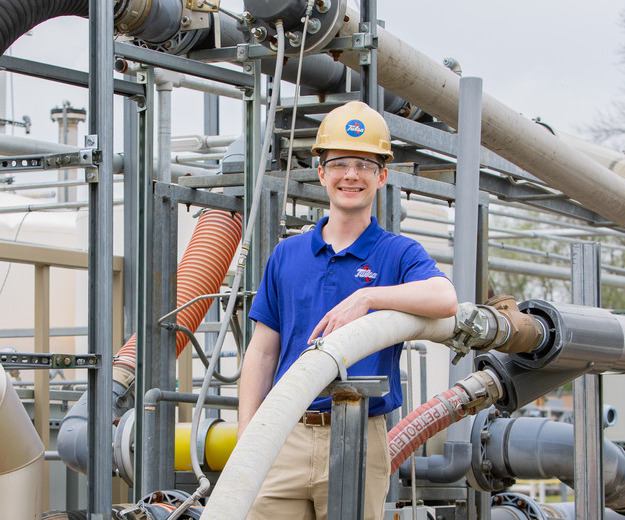Combine innovative thinking and the spirit of exploration with practical experience to discover what it takes to fuel the world.
Petroleum engineering focuses on the development, exploration, drilling, production, and management of oil and natural gas resources and other minerals.
Our curriculum is designed to balance academic excellence in teaching and our longstanding commitment to discovering new concepts and technologies in drilling, production, and reservoir engineering. You will gain a solid foundation in broad areas of study ranging from math, physics, chemistry, and geology to technical engineering skills in blending fluids and solid mechanics.
McDougall School of Petroleum Engineering is internationally recognized as one of the top petroleum engineering schools in the country. Supported by our expert faculty, you will have access to many research opportunities with 21 existing consortia and joint industry projects supported by some of the world’s top energy firms.













